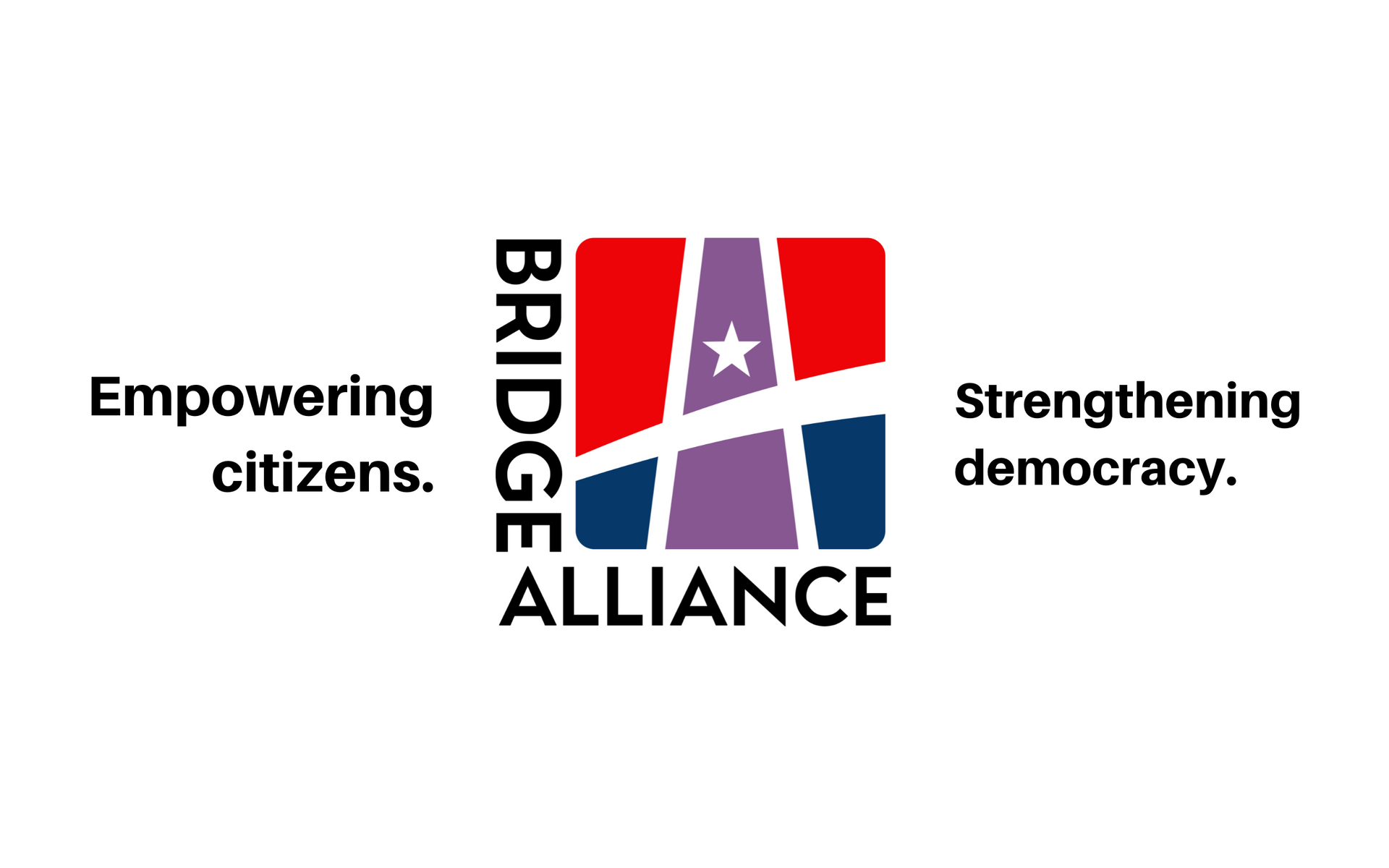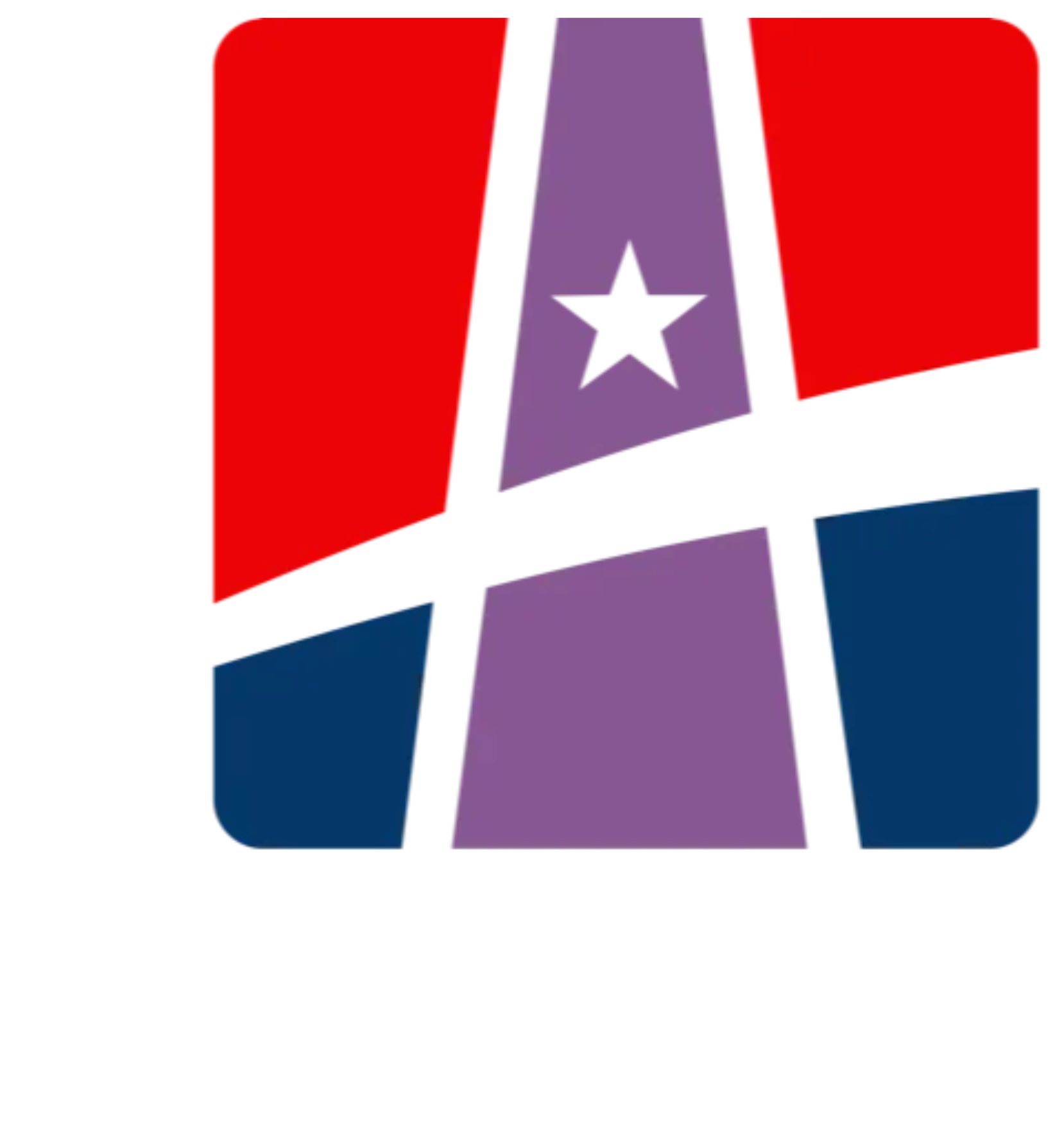Fair Play on Ice and in Elections
The Parallels Between the NHL and U.S. Democracy

The connection between the National Hockey League (NHL) and American democracy may seem worlds apart. But as the Stanley Cup playoffs have kicked off, I've been thinking about a similarity between the two.
In the NHL, a particular controversy arises around the use of the salary cap loophole during the playoffs. Teams are limited in their total player salaries to a strict ceiling but can exceed this cap to cover a player put on long-term injured reserve. While the team must comply with the cap once the player returns during the regular season, the cap restrictions vanish during the playoffs. This creates an opportunity for strategic manipulation: a key player injured in the regular season can be sidelined until the playoffs, allowing the team to bolster its roster temporarily and reintroduce the player just in time for the playoffs.
For example, this season, the Las Vegas Golden Knights leveraged this rule, bringing back their team captain in the playoffs after a long-term injury absence, adding significant talent during his downtime. This tactic isn't new; multiple teams have used the loophole. The focus is so clearly on the Golden Knights because this is the third year they've done it - with the same player. While technically within the rules, such strategies have stirred debates about fairness and the spirit of competition for years.
Although there have been some discussions about reforms, there are challenges. Proposals to close the NHL loophole, such as maintaining the salary cap during playoffs or restricting playoff eligibility based on status at the end of the season, face pushback. And that is where this begins to feel familiar.
American democracy is frequently manipulated through gerrymandering, lobbying, and the disproportionate influence of money in politics. While technically permitted, the use of these practices in our electoral processes sway outcomes and prompts calls for reform. We propose solutions to the problem but receive pushback. Familiarity comes into play when considering the way - and the times - we collectively respond to the calls for reforms.
In a tribal environment, exemplified by the culture surrounding sports teams, we really want our team to win. We can justify the use of creative workarounds when they benefit our end goals. Everyone complains about this loophole until it benefits their team - then, they're only too happy to point out how other teams do the same thing. Full disclosure requires me to point out that as a Chicago Blackhawks fan, I didn't complain about the rule when my team used the loophole in 2015. But I was ruminating enough this year that it inspired this entire thought process. We can see a similar phenomenon in our electoral politics when our chosen team does or does not benefit from a particular advantage.
At the core, both hockey fans and citizens crave a fair contest. Closing the NHL's salary cap loophole would ensure teams compete based on skill, strategy, and teamwork rather than financial maneuvering. Similarly, fortifying laws around campaign finance, lobbying, and voting processes is crucial to restoring and maintaining the integrity of our political system.
Yet, the stakes in these two fields are vastly different. While the integrity of sports leagues affects entertainment and regional pride, the consequences of democratic manipulation ripple through society, affecting governance, public trust, and the fabric of our civic life.
Engaging in this dialogue is essential, not just for the love of hockey or politics, but for the love of fairness and integrity. We must center the discussion about reforms around what we need to do for the entire system to function more effectively - not just when it benefits our team.
Featured Content
- ActiVote (Blog) April 3rd: The NATO Military Alliance
- AllSides (Announcement) April 6th: When Moderates Come Up Short -- Again
- American Values Coalition (Blog) April 5th: Kate Middleton and Russian Disinformation
- Ballotpedia (Resource) April 8th: Biden has second-lowest Cabinet turnover among 21st century presidents
- BillTrack50 (Article) April 9th: Fur and Loathing in Oklahoma: A Tail of School Policy Gone Awry
- Congressional Management Foundation (Blog) April 9th: Brad Fitch To Transition From CMF CEO
- Divided We Fall (Article) April 4th: Should Universities Preserve the Tenure System?
- Horizons Project (Article) April 8th: Sensemaking with Horizons: Dr. Jeanine Abrams McLean, President of Fair Count
- RepresentUs (Article) April 5th: Why Is Congressional Stock Trading Legal?
Podcasts
- Ballotpedia (On The Record) April 4th: Ballotpedia CEO Leslie Graves on engaging young voters
- Election Reformers Network (What Voting Means to Me) March 29th: What Voting Means to Me with ERN's Kevin Johnson
- Greater Good Science Center (The Science of Happiness) March 28th: How to Talk With People You Disagree With
- The McCourtney Institute for Democracy (Democracy Works) April 8th: Democracy is the sum of us
- USC Dornsife Center for the Political Future (The Bully Pulpit) April 5th: A Lot Done; A Lot More To Do
Citizen Connect Featured Events
- Interfaith America (April 11th @ 2:00 pm CDT) Faith in Elections Playbook: Inspiring Trust Zoom
- Network for Responsible Public Policy (April 11th @ 7:30 pm EDT) Returning to Philadelphia: Amending the Constitution for the Twenty-First Century
- Peace Harmony Joy Alliance (April 16th @ 7:00 pm EDT) How Do We End the Divisiveness and #DisagreeBetter?
- Bipartisan Policy Center (April 17th @ 3:00 pm EDT) Fifty Years of the Congressional Budget Act
Featured Fulcrum Articles
- James-Christian B. Blockwood, April 3rd: Bipartisan cooperation needed to navigate immigration's troubled waters
- David L. Nevins, April 4th: We must try to 'Let It Be' in 2024
- Cindy Black, April 8th: Remove foreign-influenced corporate money from our elections now
- Seth David Radwell, April 9th: The tyranny of the minority
- Steven Rosenfeld, April 10th: New research finds Arizona GOP rejected Trump and MAGA candidates
Members In The News
- Congressional Management Foundation (Business Insider) March 30th: About half of all senior congressional staffers are mulling an exit: The 'physical and psychological toll of this place cannot be understated.'
- Bridge Alliance, Election Reformers Network (IVN) April 8th: New Campaign Launches to Ease Panic over Elections that Go Into 'Overtime'
- Issue One (USA Today) April 8th: Election offices say they need more funding. Advocates are calling on Congress to help




